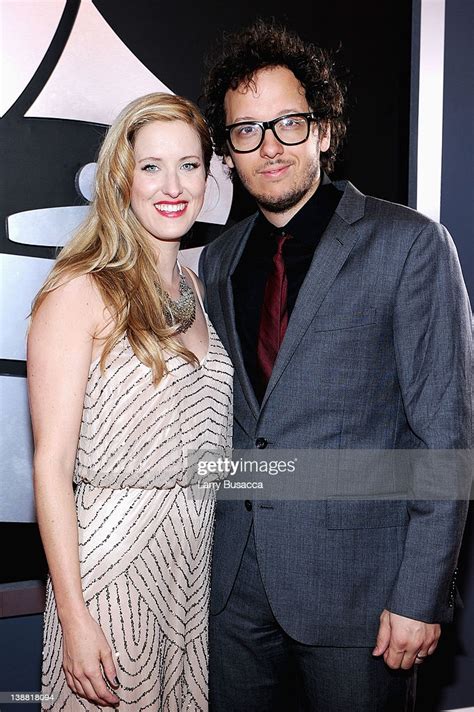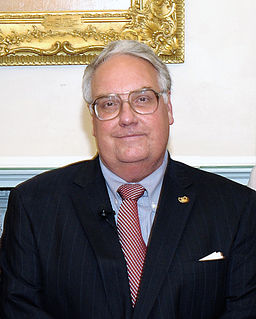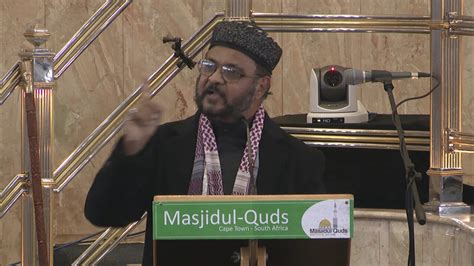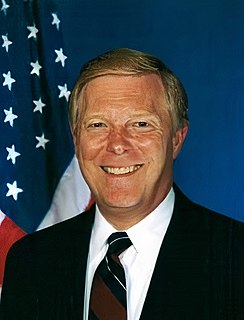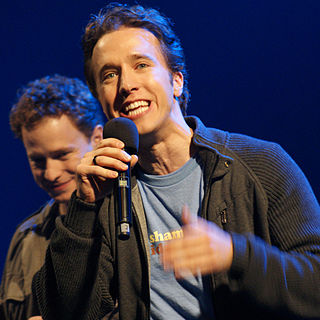A Quote by Philip Yancey
Christians have an important role to play in contending that no human life is "devoid of value." We can do so through courageous protest, as happened in Germany, as well, as in compassionate care for the most vulnerable members of society, as Mother Teresa did. In both approaches theology - what one believes about God and human life - matters. The world desperately needs that good news.
Quote Topics
About
Approaches
Believes
Both
Care
Christians
Compassionate
Contending
Courageous
Desperately
Devoid
Did
Germany
God
Good
Good News
Happened
Human
Human Life
Important
Important Role
Life
Life Is
Matters
Members
Most
Mother
Needs
News
Play
Protest
Role
Society
Teresa
Theology
Through
Value
Vulnerable
Well
World
Related Quotes
I think, questions about what it means to respect nature become very important because just as in human society, for example, part of what it is for me to live a good life as a human being in a human society is to have respect for others around me. Now, that respect, to some extent, can be thought of as being grounded in the rights and interest of others but it also has to do with the stance that I take in the world and what it is that provides meaning and significance in my own life and I think there are similar ideas of respect for nature that apply as well.
We’re seeking — imperfectly at every turn, no doubt — an incarnational theology, a theology that brings radical good news of great joy for all the people, good news that God loves the world and didn’t send Jesus to condemn it but to save it, good news that God’s wrath is not merely punitive but restorative, good news that the fire of God’s holiness is not bent on eternal torment but always works to purify and refine, good news that where sin abounds, grace abounds all the more.
Art matters. It is not simply a leisure activity for the privileged or a hobby for the eccentric. It is a practical good for the world. The work of the artist is an expression of hope - it is homage to the value of human life, and it is vital to society. Art is a sacred expression of human creativity that shares the same ontological ground as all human work. Art, along with all work is the ordering of creation toward the intention of the creator.
The real question today is not when human life begins, but, what is the value of human life? The abortionist who reassembles the arms and legs of a tiny baby to make sure all its parts have been torn from its mother's body can hardly doubt whether it is a human being. The real question for him and for all of us is whether that tiny human life has a God-given right to be protected by the law - the same right we have.
The health of a society is truly measured by the quality of its concern and care for the health of its members . . . The right of every individuals to adequate health care flows from the sanctity of human life and that dignity belongs to all human beings . . . We believe that health is a fundamental human right which has as its prerequisites social justice and equality and that it should be equally available and accessible to all.
What is the importance of human lives? Is it their continuing alive for so many years like animals in a menagerie? The value of a man cannot be judged by the number of diseases from which he escapes. The value of a man is in his human qualities: in his character, in his conscience, in the nobility and magnanimity, of his soul. Torturing animals to prolong human life has separated science from the most important thing that life has produced - the human conscience.
All human life-from the moment of conception and through all subsequent stages-is sacred, because human life is created in the image and likeness of God. Nothing surpasses the greatness or dignity of a human person...If a person's right to life is violated at the moment in which he is first conceived in his mother's womb, an indirect blow is struck also at the whole moral order.
I feel strongly that Mother Teresa’s life has a great message for young people. We so often feel powerless to do anything about the many problems in the world around us. We are so often left to wonder whether one person can possibly make a difference. Mother Teresa said yes, we can. Her life was resounding proof that it is possible
Systematic theology will ask questions like "What are the attributes of God? What is sin? What does the cross achieve?" Biblical theology tends to ask questions such as "What is the theology of the prophecy of Isaiah? What do we learn from John's Gospel? How does the theme of the temple work itself out across the entire Bible?" Both approaches are legitimate; both are important. They are mutually complementary.




